[ZH] – A chengyu. Designing a place where there are huge crowds of people / a sea of people
WIVIWIC:




EN: People on the mountain, people in the sea.
FR: Des gens sur la montagne, des gens dans la mer.
ZH: 人山人海。 (Rén shān rén hǎi。)
EO: Homoj sur la monto, homoj en la maro.


 group
group humanity
humanity humankind
humankind man
man boy
boy other (2)
other (2) people
people ethnicgroup
ethnicgroup population
population self
self he
he I,me
I,me oneself
oneself she
she they
they we
we you
you you (2)
you (2) who
who woman
woman girl
girl anthropology
anthropology sacrifice
sacrifice cooker
cooker geographer
geographer location
location african (2)
african (2) american (2)
american (2) Asian
Asian European (2)
European (2) transport
transport transport (2)
transport (2) traveler
traveler danger (AI) (3)
danger (AI) (3) danger (AI) (5)
danger (AI) (5) game (3)
game (3) member (family)
member (family) spouse
spouse education (5)
education (5) education (6)
education (6) consent (2)
consent (2) bless
bless buddha
buddha shamanism
shamanism dialogue
dialogue document (AI) (2)
document (AI) (2) document (human)
document (human) journalist
journalist storyteller
storyteller text (3)
text (3) text (AI) (2)
text (AI) (2) desire
desire friendship
friendship lover
lover violence
violence warm
warm classifier
classifier intention (2) (AI)
intention (2) (AI) mutual aid
mutual aid solidarity
solidarity violence (2)
violence (2) researcher
researcher catch (2)
catch (2) elite
elite guard
guard human rights
human rights politician
politician propertyright (2)
propertyright (2) representative
representative desert (2)
desert (2) warrior
warrior heir
heir poorperson
poorperson around (2)
around (2) join (2)
join (2) band, orchestra
band, orchestra movie director
movie director dancer
dancer musician
musician painter
painter poet
poet scene
scene sculptor
sculptor theatre actor
theatre actor writer
writer TEDx-22-10-2025-12
TEDx-22-10-2025-12 TEDx-22-10-2025-4
TEDx-22-10-2025-4 TEDx-22-10-2025-7
TEDx-22-10-2025-7















































